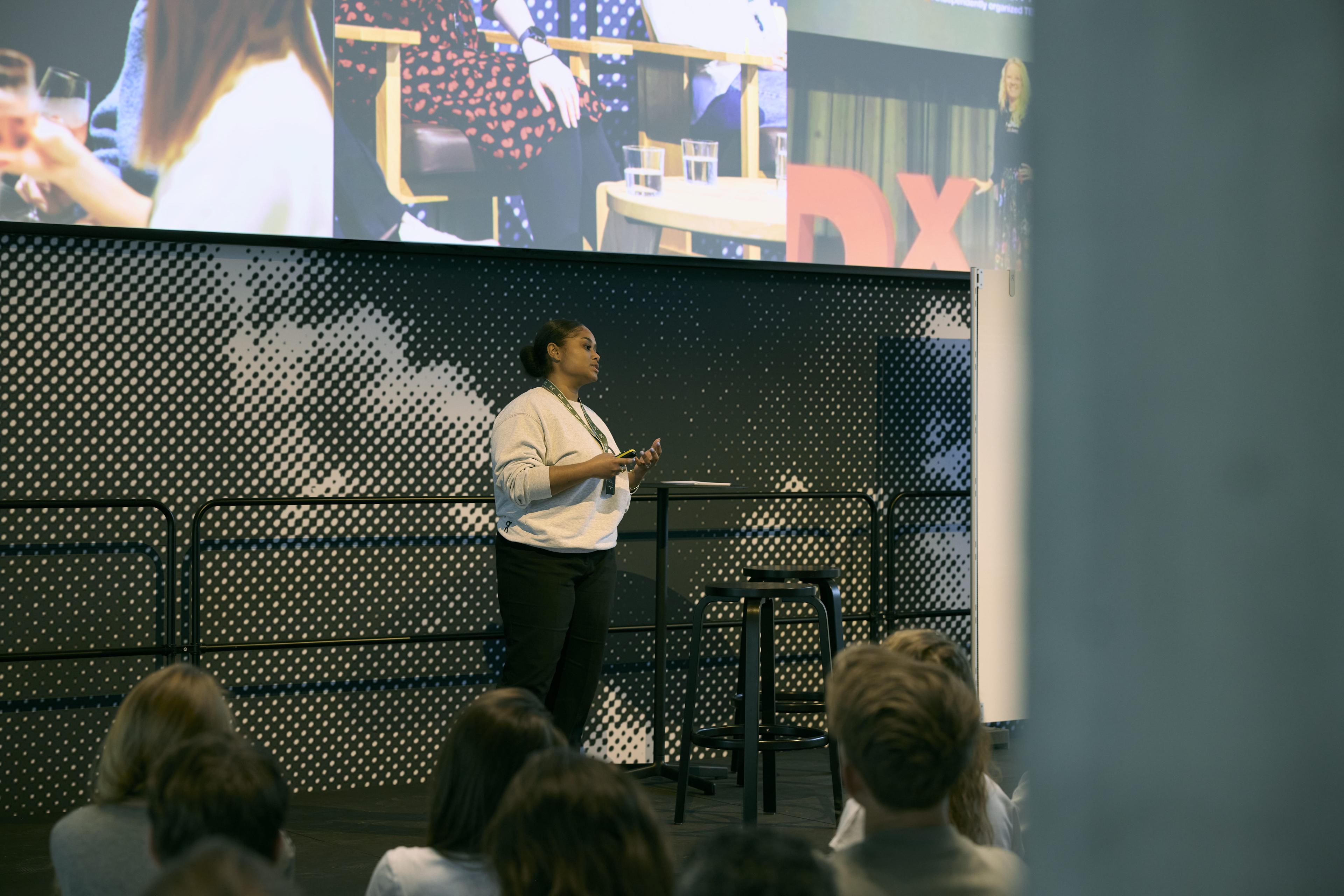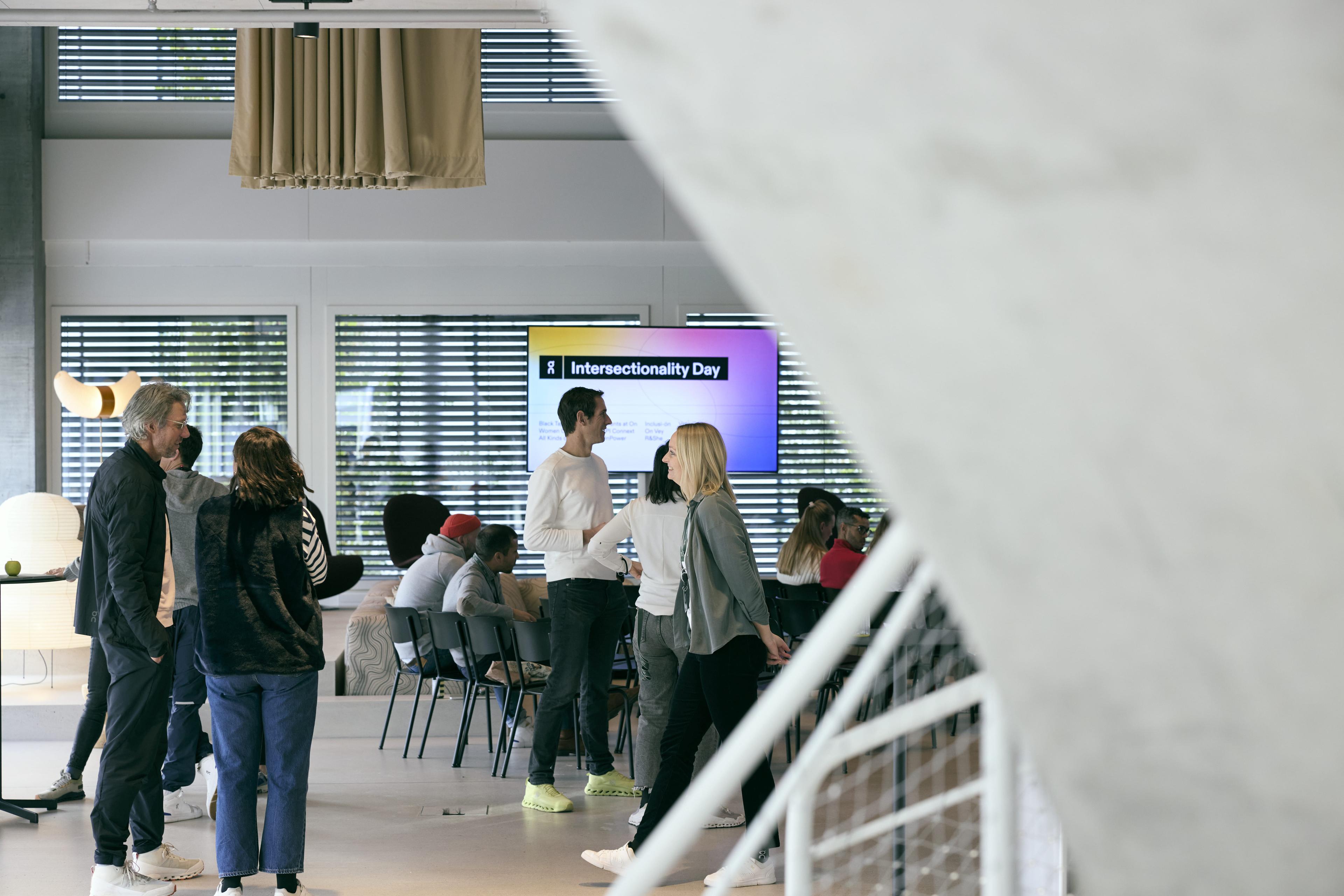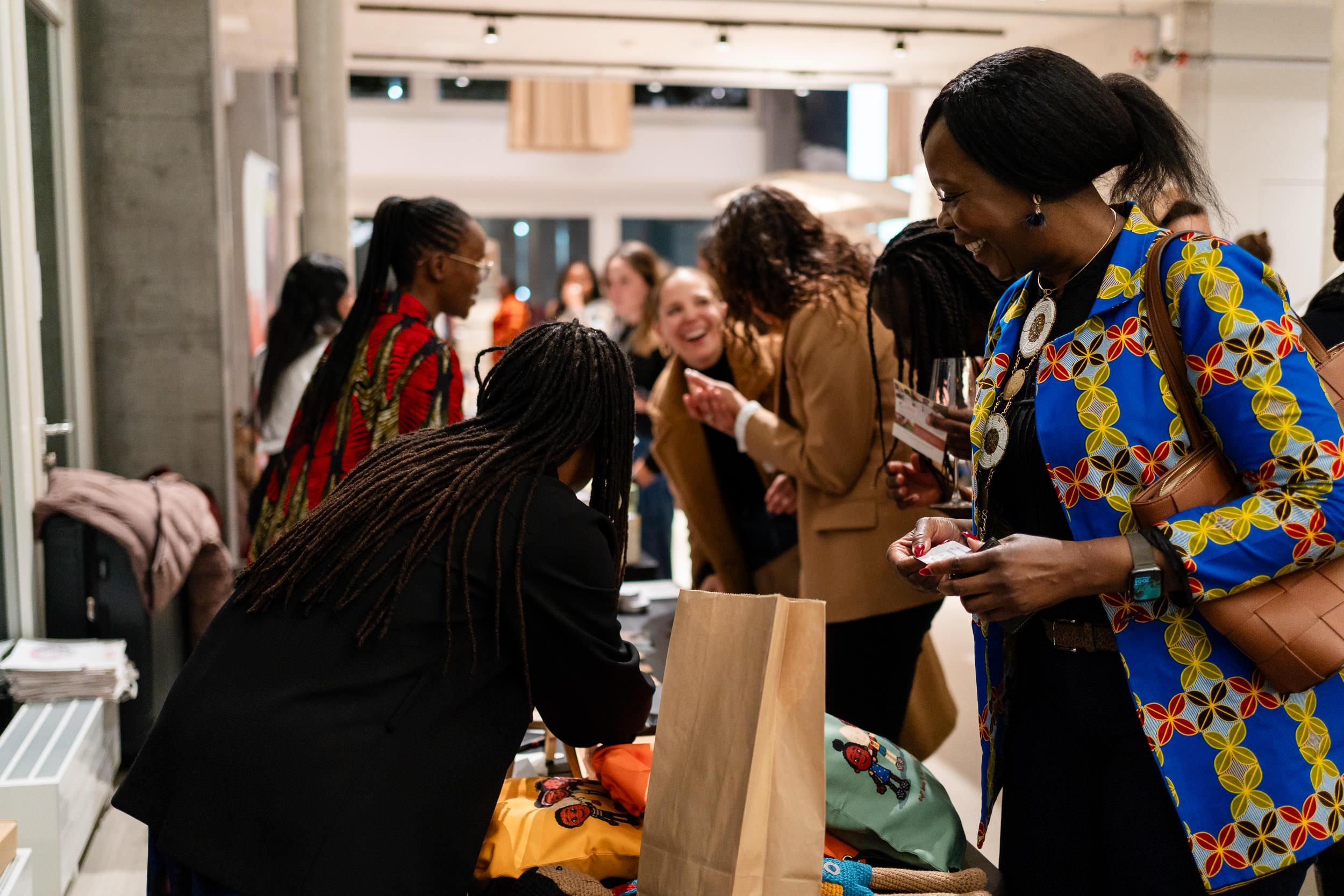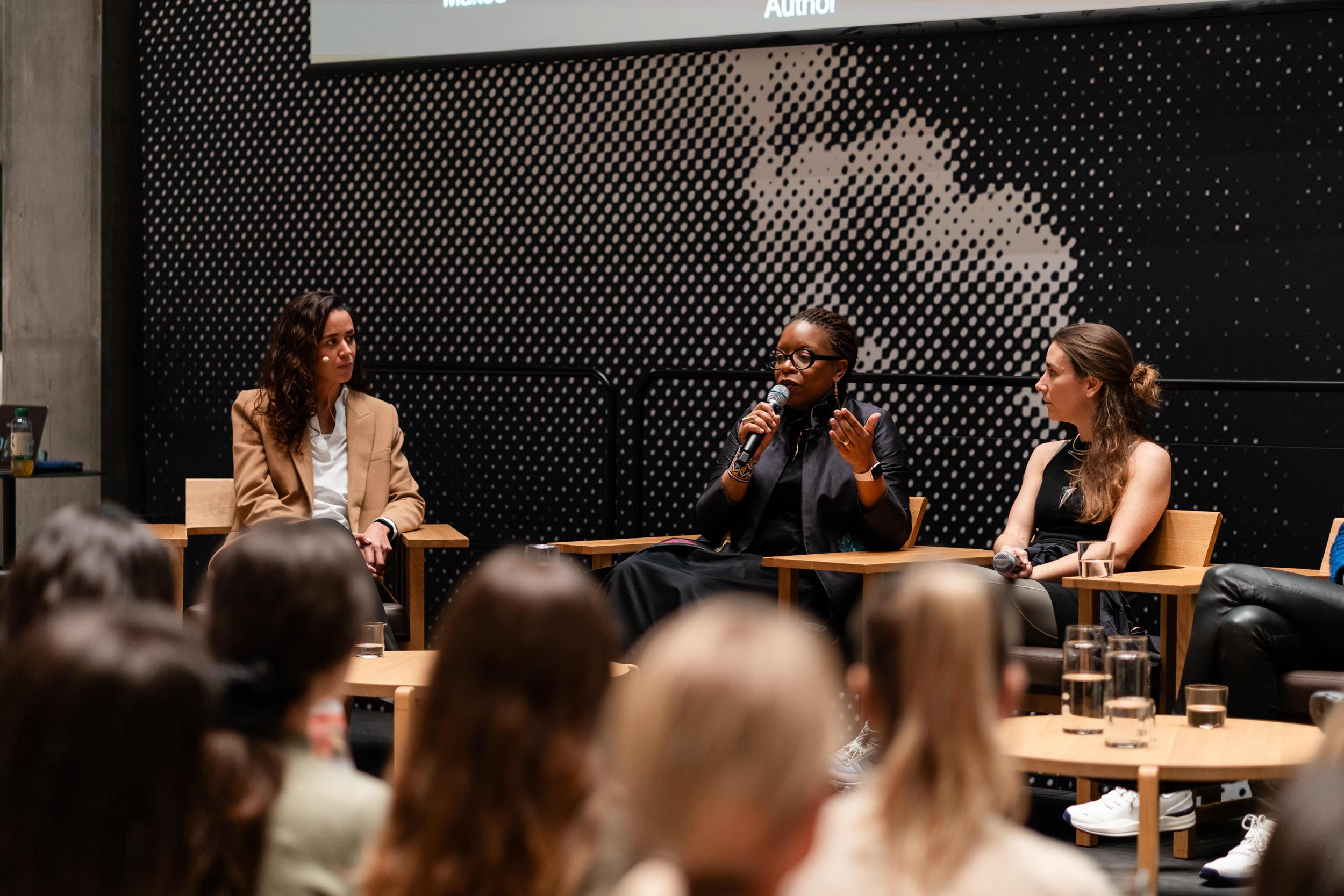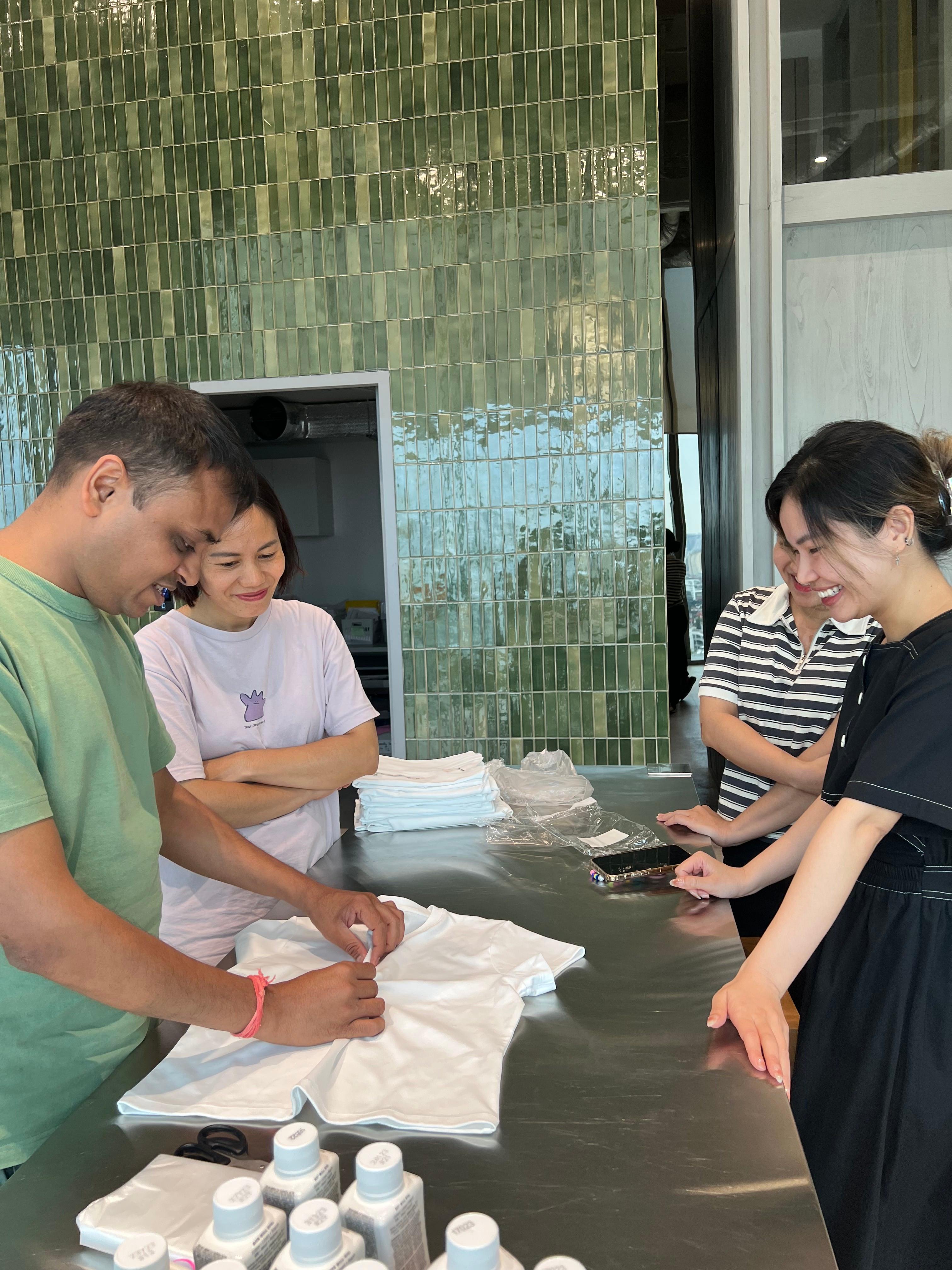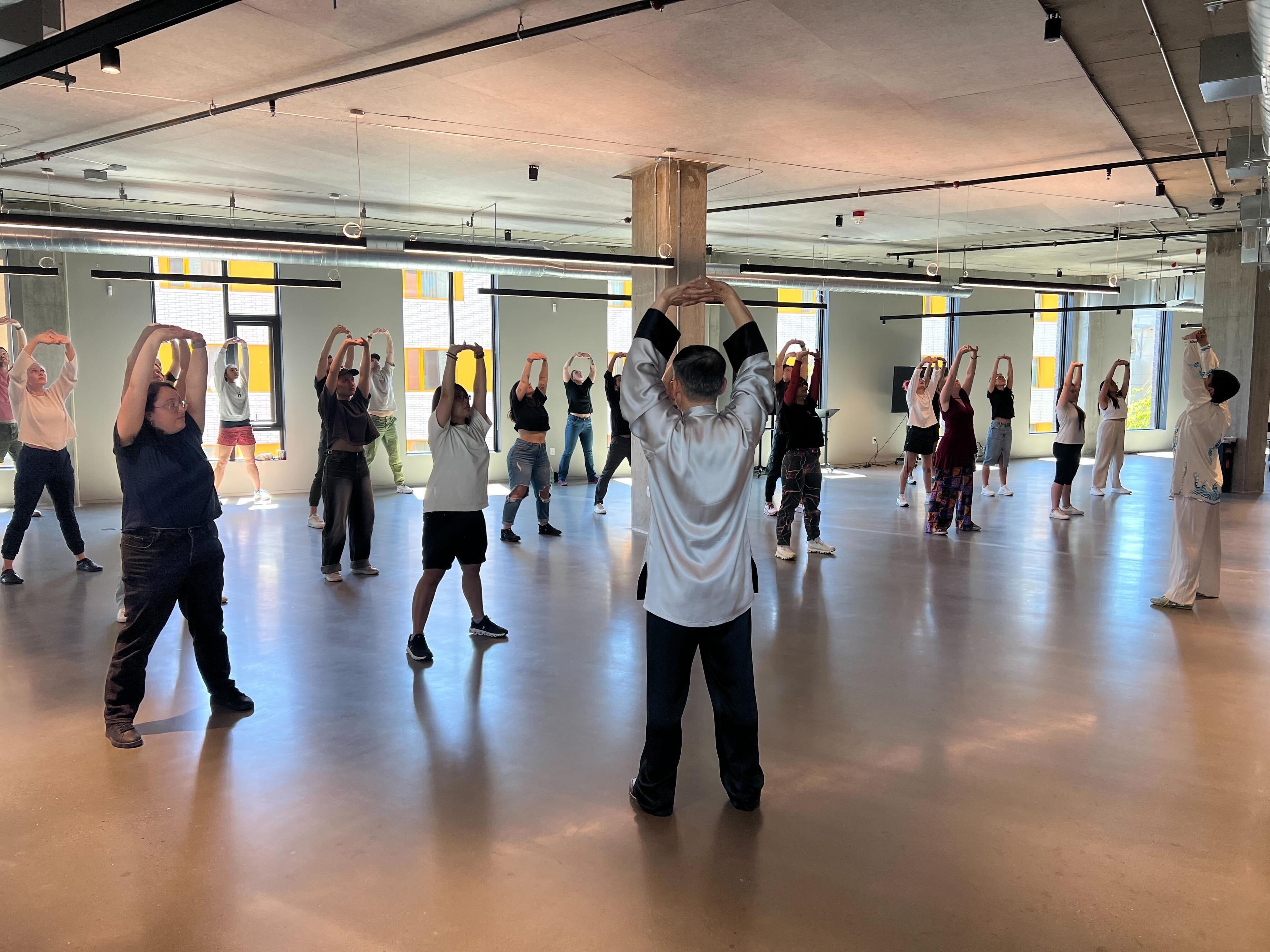A successful blueprint for Diversity & Inclusion requires integration across the entire organization – that’s our team’s take. On’s Inclusion Groups (aka Employee Resource Groups ERGs) help bring this to life through a community-first approach. Starting small, these groups initially began with a few team members who were seeking connection through common experiences. Today, Inclusion Groups are a key pillar of our four-pronged Diversity & Inclusion approach – alongside Learning + Development, Talent Acquisition, and Social Impact. Let’s take a look.

The essentials
Founded by community members, and sponsored by senior leadership, each Inclusion Group fosters relationships between individuals that have a shared characteristic or background with the ultimate goal for every On teammate to feel comfortable being their authentic self at work. Our program started with the founding of OnPower, a space for women in the tech industry. Less than two years later, the number of inclusion groups at On grew to 13 – a clear testament to the value of human connection. The groups don’t just operate in isolation – they also take an active role in educating and sharing their unique experiences with the wider On community through events, resources, and company-wide communication.

In action
Beyond regular group meetings, the Inclusion Groups partner with the Diversity and Inclusion team to co-develop programming that matters to them. They also host events to bring the wider team closer to their individual groups. Some examples include a Girls in Tech Hackathon by OnPower, which focuses on advancing women’s skills and leadership in the tech field, or an event together with US-based non-profit Adelante Mujeres aimed at mentoring girls from Adelante Mujeres through a panel and movement session. The latter was organized by Inclusi-ón – our inclusion group created for On teammates who identify as Latino(a), Latinx, Hispanic, Afro-Latino, Indigineous-Latino, and any other identity connected to Spanish roots.
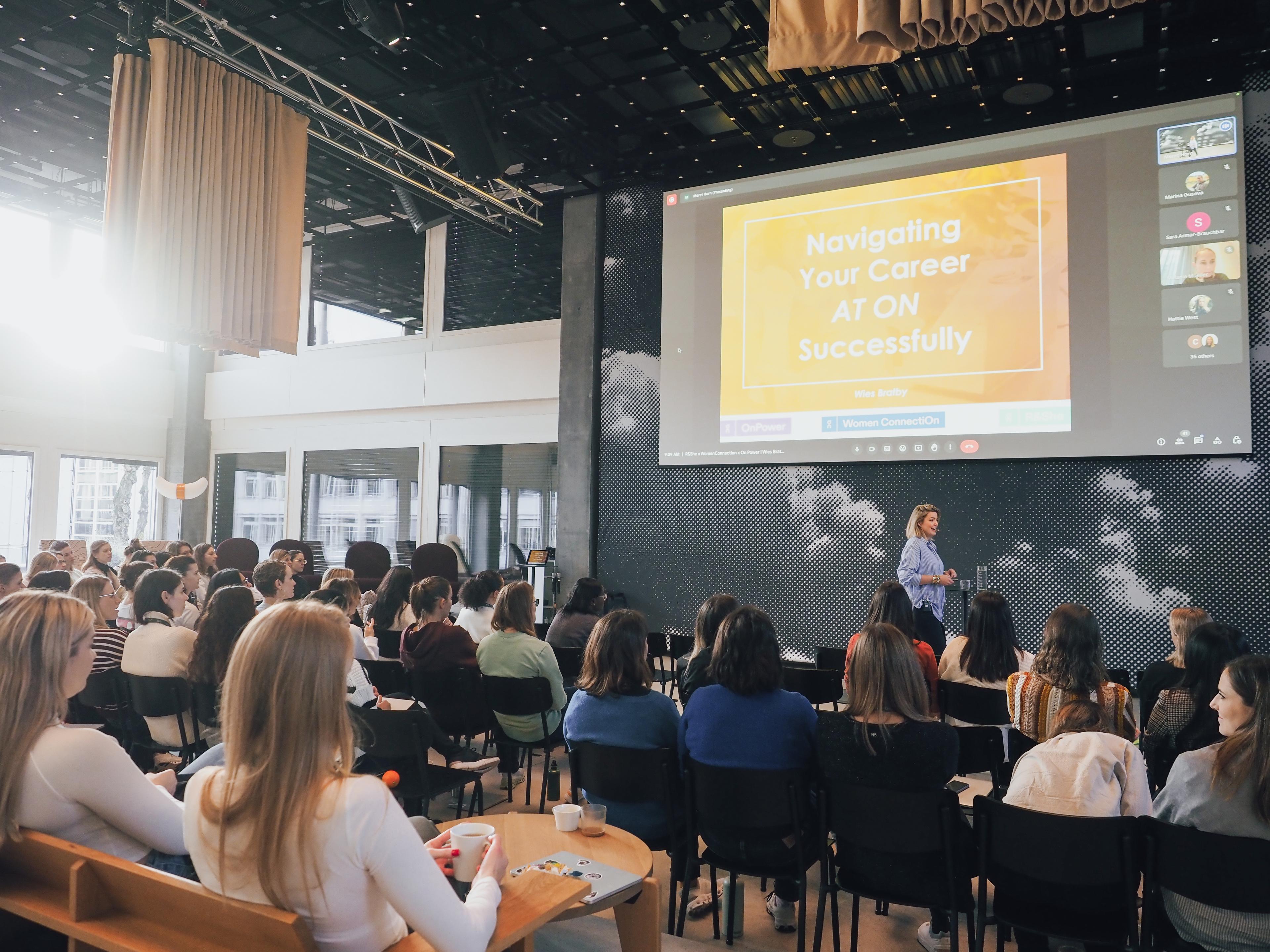
“Our three inclusion groups OnPower, R&She, and Women ConnectiOn recently partnered up to invite Wies Bratby from Women In Negotiation to hold a seminar for all women at On on "Navigating and Negotiating Your Career at On". It was an engaging experience for all who attended. Wies, a former lawyer turned HR director and now a renowned negotiation coach, provided insightful strategies for career advancement and negotiation. The event, to which around 140 people signed up, featured practical advice on speaking up strategically, sharing achievements, and aligning personal goals with organizational needs. Feedback was overwhelmingly positive, with participants appreciating Wies's dynamic approach and expressing a desire for longer sessions and more frequent opportunities to engage with her. The session not only inspired everyone present but also equipped them with actionable tools to navigate their careers more effectively."
-
Meret Horn, Design
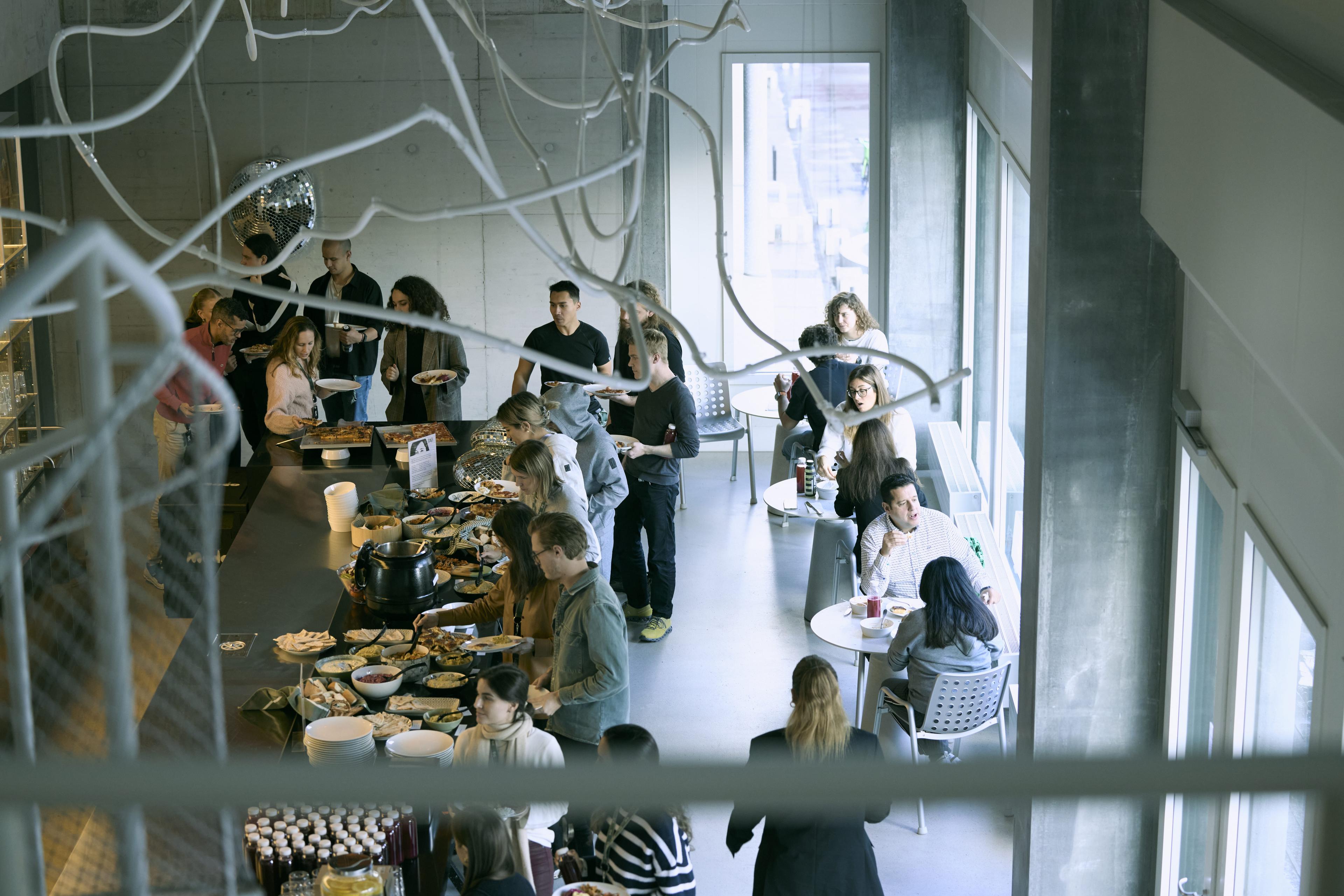
“Over 30 members of the Hispanic community and curious members of the Zurich office came together to celebrate Hispanic Heritage Month, which takes place in October. We were able to share bits of culture through presentation and casual conversation, come together on the dance floor, and, most important of all, eat lots of food and drinks from the different countries represented: Spain, Bolivia, Chile, Venezuela, Colombia, Mexico… and many more. It was refreshing and rewarding to be able to express our ‘Hispanidad’, even more so when sharing it with coworkers curious to learn about cultures other than their own.”
-
Diego Loggiodice, Supply Chain
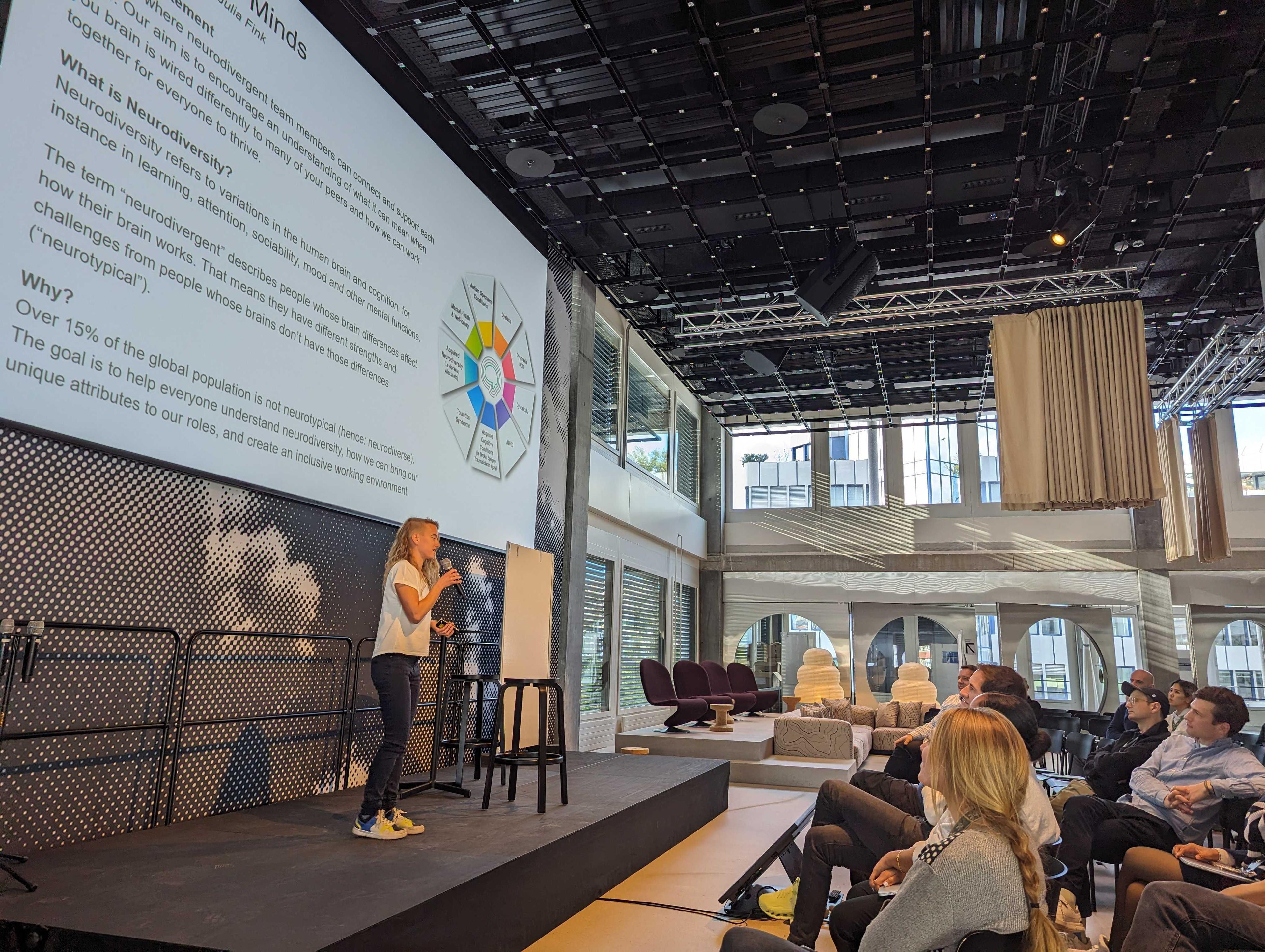
“All Kinds of Minds was created for everyone who identifies themselves as neurodivergent – neurodiversity is still such a stigmatized topic and often comes along with wrong assumptions and misconceptions so an important part of the work we do is education and awareness. We are partnering with an industry leading organization to offer webinars and workshops held by experts. Through this, we create a better understanding of neurodiversity and the value it has for teams and organizations. We are also planning to host joint events with other inclusion groups at On. Intersectionality is very important. We are currently preparing a (virtual) fireside chat together with Parents at On. Several parents have approached us because one of their kids is autistic or was diagnosed with ADHD and they wanted to see if someone from our group can share personal examples or resources of what they find helpful. We can all learn so much from each other.”
-
Julia Fink, UX Research
Making a lasting mark
Beyond cultivating connections, the Inclusion Groups cultivate a voice that echoes throughout the organization. From their conversations and learnings, the Inclusion Groups provide a continuous feedback loop with the business about talent priorities, product creation, marketing, and more. As an example, QUIP – our LGBTQIA+ group – gave rapid, direct feedback about a tool being used at On that was not inclusive to its community. On was able to connect directly to the platform-maker to action change widening the availability of pronouns. Making inclusivity top of mind, these groups play a pivotal role in shaping our policies, guidelines, and ways of working, in a safe, candid, and open way.
“Feedback is essential for building trust, which is the foundation of psychological safety — and innovation. As an innovation brand, fostering a culture of candid and compassionate feedback is crucial in our daily work at On and is encouraged at all levels, in all directions. Alongside robust D&I programming, listening to inclusion group feedback can help identify organizational inequities and blind spots. I'm proud that Q.U.I.P. leaders and members feel comfortable highlighting inclusivity opportunities — from our product design and marketing, to our people systems and leadership messaging. Our community's feedback has sparked heartfelt conversations, led to learning across teams, and impacted some of our ways of working — ultimately making the Oniverse more inclusive for everyone” – Dwayne Britton, Talent
Our Inclusion Groups continue to evolve in ways that will extend their impact, both inside and outside of On. One way is continuing to build upon our understanding of intersectionality – each of our unique identities overlap, resulting in varying combinations of experiences, degrees of privilege and discrimination. Deepening our understanding of intersectionality has led to collaborations between our inclusion groups and, ultimately, fosters a more inclusive team environment, creating space to talk about our whole selves. It is this appreciation of the individual and their distinctive identity that makes the groups so strong – because recognizing each person within a community is essential for fostering empathy, building trust, and creating an inclusive environment where every voice is heard and valued.
